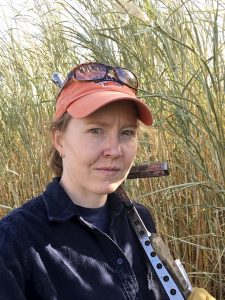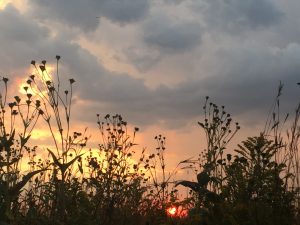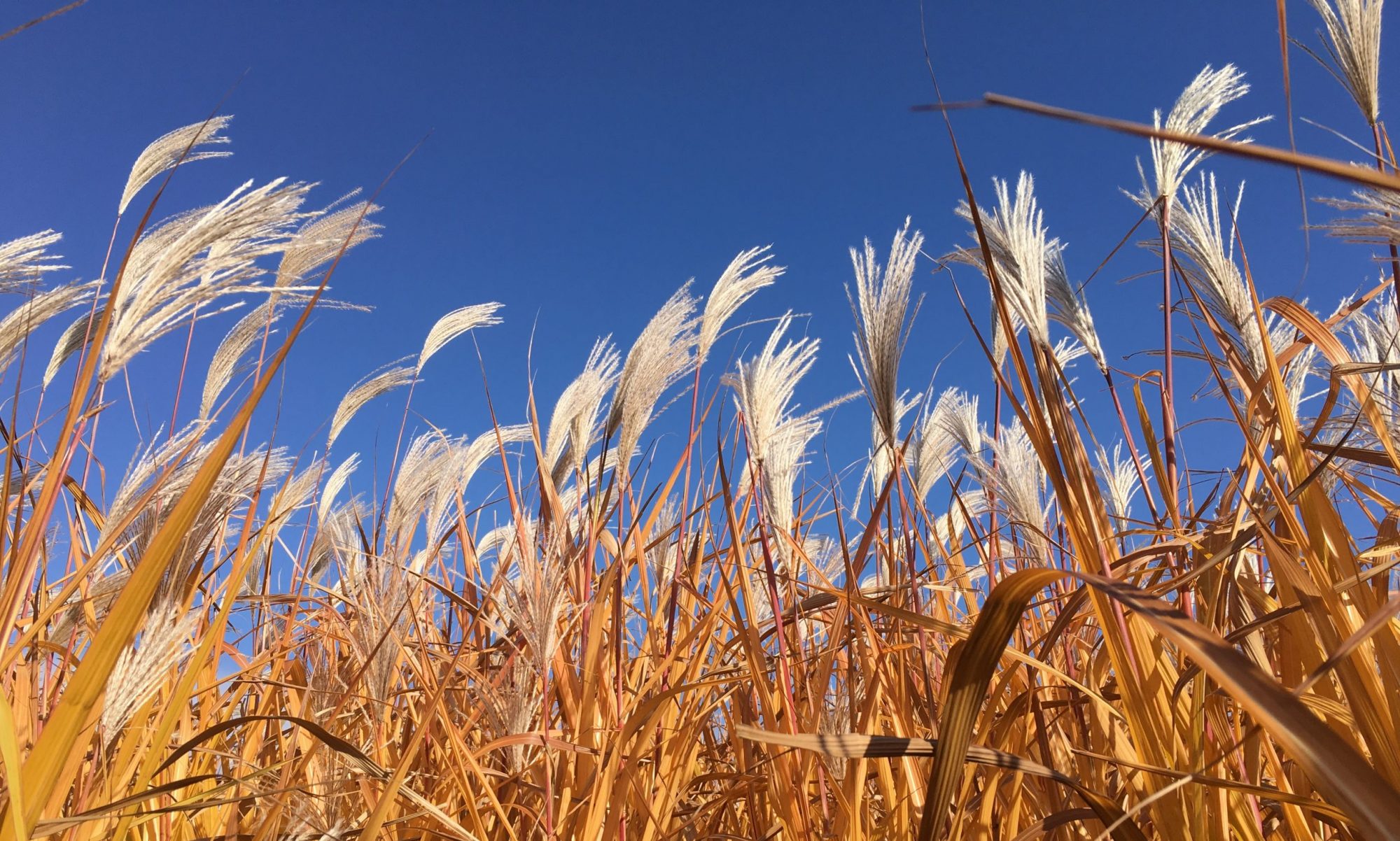
Ilsa B. Kantola, PhD
Postdoctoral Research Associate
Institute for Sustainability, Energy, and Environment
ikantola@illinois.edu
Rm 1400
1206 W. Gregory Drive
Urbana, IL, 61801
I am a soil ecologist with special interest in the biogeochemical cycling of carbon, nitrogen, and phosphorus. I use field sampling with chemical and isotopic analyses to track nutrients in soil. I am particularly interested in the degrees and rates of change of soil nutrients and soil structure in response to vegetation and land use change, in both agricultural and wild settings. In 2016, I began combining the ecology of bioenergy feedstocks with climate change solutions for agriculture through enhanced rock weathering.
In Illinois, corn production converted prairie and woodland to annual agriculture more than 150 years ago. The recent introduction of cellulosic biofuel crops presents a new shift toward an old regime: perennial grasses with root systems similar to historic prairie grasses. These grasses have the potential to sequester carbon and conserve nutrients typically lost through corn production while providing feedstocks for energy.
At the University of Illinois Energy Farm, corn/soy production is compared with miscanthus, switchgrass, and prairie for carbon storage potential and nutrient cycling. Enhanced rock weathering is a climate change mitigation process that applies crushed basalt to soil to increase carbon capture through bicarbonate and carbonate formation in the soil and soil water. The potential for enhanced rock weathering is being measured in both conventional corn/soy agriculture and in cellulosic bioenergy grasses, represented by Miscanthus x giganteus.
Research questions:
How do annual crops and perennial grasses compare with respect to soil carbon and nitrogen stocks?
What are the long-term responses of Midwestern soils to biofuel-centered agriculture?
How can we reduce climate impacts of large-scale agriculture?
Other areas of interest:
Food security
Agriculture vs. wildlife habitat
Links:
Leverhulme Centre for Climate Change Mitigation
Institute for Sustainability, Energy, and Environment

